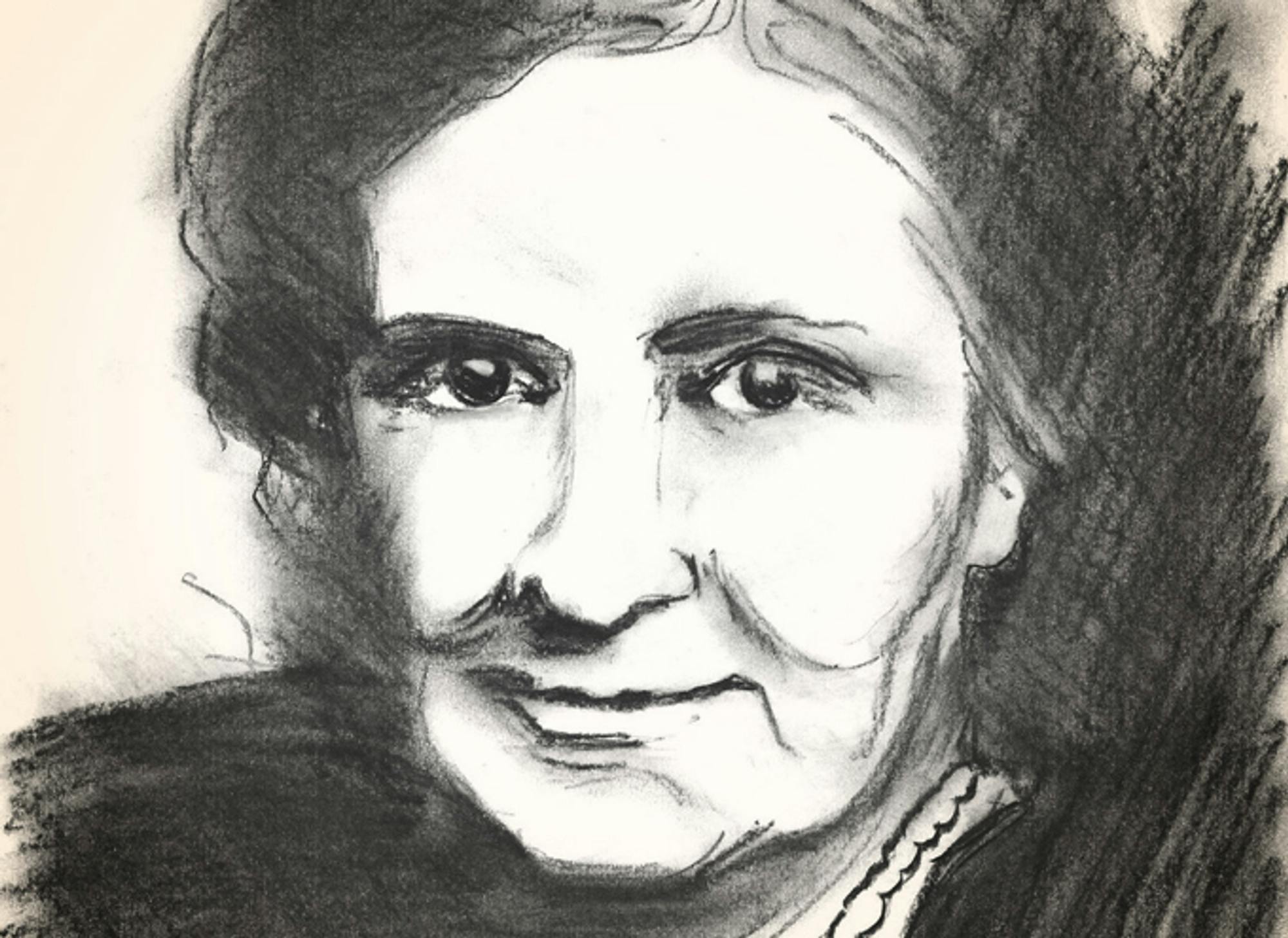VIDEO: Dr. Angeline Lillard on Montessori in the 21st Century
VIDEO: Dr. Angeline Lillard on Montessori in the 21st Century
“"It is not always imperative to see big things, but it is of paramount importance to see the beginnings of things."”
Maria Montessori, Education and Peace
72 years ago, Maria Montessori wrote those words about children, about the precious, powerful potential that exists in the infant and that blossoms —, in slow-motion across two decades —, as they become an adult. Today, on the anniversary of her 151st birthday, the Prepared Montessorian is pleased to be able to share a talk from Dr. Angeline Lillard — a renowned Montessori expert and author of Montessori: The Science Behind the Genius — that demonstrates the ongoing impact of Montessori’s ideas in the scientific and educational worlds today. In the talk at this year’s Discovering the Child conference, Dr. Lillard surveys the contemporary landscape of Montessori’s research legacy.
Some signs of the potential Montessori wrote about in Education and Peace are obvious. A child smiles or laughs or rolls or crawls for the first time. But some are subtle. The way an infant pays attention to the mouths of a speaking adult. The way a toddler reconnects with interrupted effort at a seemingly simple task. The things a child ignores altogether or the things she gravitates towards and repeats a hundred times. These were the things to which Montessori was drawn, and the type of observation to which she credited her broader insights.
The same point applies to the observations themselves. Some of what Montessori noticed and accomplished was dramatic. She gained international renown for helping grossly underprivileged children acquire literacy at an extraordinarily young age. She became known as an advocate of freedoms for and the rights of children. But some of her ideas are more subtler:.
- That sustained, serious work can be inspired in children, and that it is different from play.
- That children enjoy using their freedom to practice self-restraint as much as self-expression.
- That the seeds of human reason lie in sensory exploration.
In the talk “Montessori in the 21st Century,” Dr. Lillard, a professor of psychology at the University of Virginia who has been studying Montessori’s methods for more than two decades, offers up a survey of Montessori’s research legacy.
These ideas include:
- The way that Montessori forms an interconnected system; the advantages of this and the challenges this poses for research.
- The centrality of self-determination to both Montessori and learning and development more generally.
- The impact of well-executed Montessori on literacy, executive functioning, long-term wellbeing, the “achievement gap”, and more.
Dr. Lillard and her research team are actively looking for any schools (Montessori or not) to participate in their research. If your school is interested, please contact Dr. Lillard at lillard@virginia.edu noting the type of school, location, and number and ages of children served.
The references in the talk are included below, to follow up as your interest and convenience permits.
Reference List
Burbank, M. D., Goldsmith, M. M., Spikner, J., & Park, K. (2020). Montessori Education and a Neighborhood School: A Case Study of Two Early Childhood Education Classrooms. Journal of Montessori Research, 6(1), 1-18.
Courtier P., Gardes, M.L., Van der Henst, J.B., Noveck, I.A., Croset, M.C., Epinet-Duclos, J., Léone, J., & Prado, J. (2021). Effects of Montessori education on the academic, cognitive, and social development of disadvantaged preschoolers: A randomized controlled study in the French public-school system. Child Development.
Culclasure, B. T., Daoust, C. J., Cote, S. M., & Zoll, S. (2019). Designing a logic model to inform Montessori research. Journal of Montessori Research, 5(1).
Danner, F., & Lonky, E. (1981). A cognitive-developmental approach to the effects of rewards on intrinsic motivation. Child Development, 52(3), 1043-1052.
Kidd, C., Palmeri, H., & Aslin, R. N. (2013). Rational snacking: Young children’s decision-making on the marshmallow task is moderated by beliefs about environmental reliability. Cognition, 126(1), 109-114.
Kidd, C., Piantadosi, S. T., & Aslin, R. N. (2014). The Goldilocks effect in infant auditory attention. Child development, 85(5), 1795-1804.
Lillard A., & Else-Quest, N. (2006). The early years. Evaluating Montessori education. Science, 313(5795), 1893-4. doi:10.1126/science.1132362
Lillard, A.S. (2012). Preschool children's development in classic Montessori, supplemented Montessori, and conventional programs. Journal of School Psychology, 50(3), 379-401.
Lillard, A. S., & Heise, M. J. (2016). Removing supplementary materials from Montessori classrooms changed child outcomes. Journal of Montessori Research, 2, 17-27.
Lillard, A.S. (2017). Montessori: The science behind the genius. New York: Oxford University Press.
Lillard, A. S., Heise, M. J. R., Eve M., Tong, X., Hart, A., & Bray, P. M. (2017). Montessori preschool elevates and equalizes child outcomes: A longitudinal study. Frontiers in Psychology, 8.
Lillard, A.S. (2019). Shunned and admired: Montessori, self-determination, and a case for radical school reform. Educational Psychology Review, 31, 939–965. doi:10.1007/s10648-019-09483-3
Lillard, A. S., & McHugh, V. (2019). Authentic Montessori: The dottoressa’s view at the end of her life Part I: The Environment. Journal of Montessori Research, 5(1), 1–18.
Lillard, A.S., Taggart, J., Yonas, D., & Seale, M.N. (In Press). An alternative to “No Excuses”: Considering Montessori as culturally responsive pedagogy. Journal of Negro Education.
Rovee‐Collier, C., Hayne, H., Collier, G., Griesler, P. C., & Rovee, G. B. (1996). Diet selection by chicks. Developmental psychobiology, 29(3), 241-272.
Téglás, E. & Bonatti, L. L. (2016). Infants anticipate probabilistic but not deterministic outcomes. Cognition, 157, 227-236.
For more studies by Dr. Angeline Lillard, visit https://psychology.as.virginia.edu/lillard
